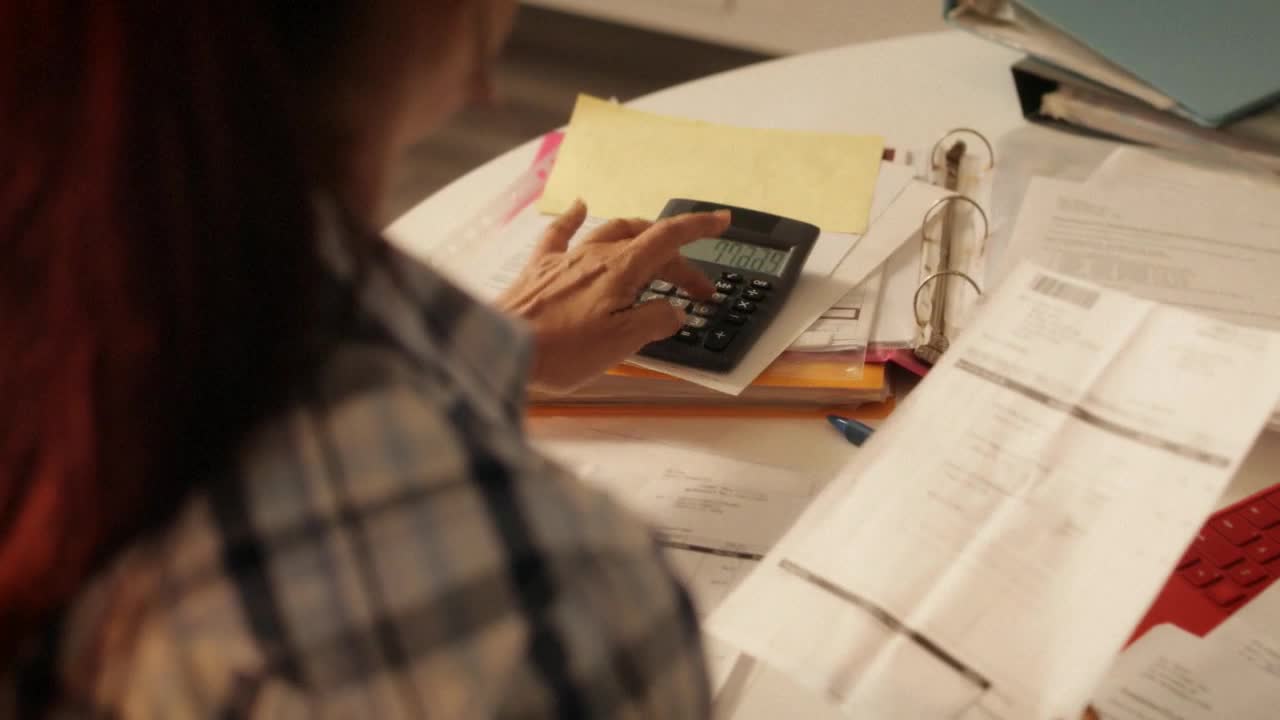Federal student loan payment pause expected to continue, private loan interest could go up
[anvplayer video=”5124703″ station=”998122″]
The pause on student loan payments could be extended again. Companies that handle student loans for the federal government are being told to hold off on sending out new bills.
In March of 2020, the government paused loan payments and set interest rates to zero for eligible federal student loans. Former President Trump and President Biden both extended the deadline over the last two years.
The loan payment relief has allowed Brenna Warren to focus on paying off her private loans.
“I still have about almost $10,000 in private loans and $50,000 in government loans,” she said.
The 29-year-old ICU nurse took out loans to complete her undergraduate psychology degree. She finished the program in three years, which saved her money, but she still graduated with student loan debt in 2014. Warren utilized her degree for a couple of years before she pursued her master’s degree in nursing. She worked full-time while she completed her graduate degree but had to take out additional loans.

(KSTP-TV)
The pause on federal loan payments is set to expire on Aug. 31. Warren said it will double her monthly payment to $1,500, at a time when inflation is at a 40-year high.
“It probably means, what foods am I buying at the grocery store this week versus can I pay a tank of gas to get to work to pay for all of these bills?” she said. “Gas, food, rent, which do you do? Because obviously the loans will default and you’ll end up getting collectors calling if you don’t pay.”
Congress sets the fixed interest rate for federal student loans each year, which goes into effect in July. Students taking out new loans starting this month will pay a higher rate than students who took out loans in 2021 and 2020.
Private loan interest rates have more variability.
Warren refinanced her fixed-rate private loans four times since 2016 and benefitted from the lower interest rates during the pandemic.
“Luckily, I have some people in my life who are financially savvy so I’ve refinanced my private loans but if I had continued to pay at the interest rate I initially applied for them at, I probably wouldn’t have even made a dent,” said Warren.
Others who have variable rate private loans may now also face an increase. The Federal Reserve is expected to raise interest rates again on Wednesday.
“There’s these private ones that have not been put on pause and some of them will vary quite a bit when the Fed changes interest rates,” said Tyler Schipper, an economist at the University of St. Thomas. “It will trickle into those rates but it may take a couple of months for it to be fully reflected in them. It will raise those variable rate loans.”
He explained credit card debt will also be affected by the increase in interest rates.
“They’re seeing their credit card interest rates go up at the same time they’re seeing their student loan interest rates go up so it’s a double whammy for some of these students,” said Schipper.
He explained the Federal Reserve likely won’t consider private student loans as a factor as it weighs whether to raise interest rates this week.
“Their argument would be that the same students that are struggling with student loan payments, they’re also the same students that are struggling to buy gas, heat their homes, buy enough food for their families and so that if there are two dragons to slay, the inflation dragon might be the one to go after right now,” said Schipper.